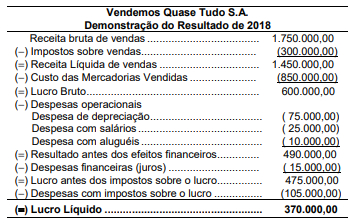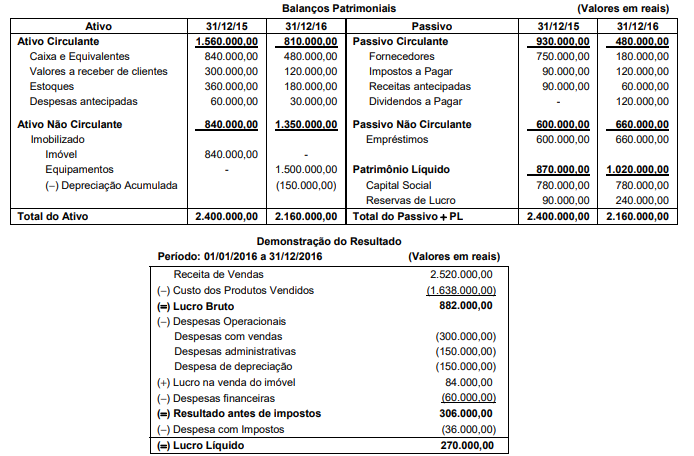Questões de Concurso
Comentadas para auditor fiscal da receita estadual
Foram encontradas 2.013 questões
Resolva questões gratuitamente!
Junte-se a mais de 4 milhões de concurseiros!



I. Auditors should try to keep abreast of the latest developments in technology.
II. CPA auditors’ skepticism is an asset to the profession.
III. Those involved in auditing seems to be rather refractory to change.

( ) The effects of blockchain technology in auditing nowadays are quite clear.
( ) It will be necessary for CPA auditors to acquaint themselves with the fundamentals of blockchain and to team up with specialists to gauge technical hazards.
( ) The interest in blockchain technology is already dwindling.
The statements are, respectively
I. Muitas vezes, nesses casos de observação de levantamento físico, o auditor tem de aguçar seus sentidos e lançar mão de toda a sua argúcia. [...]
II. Grandes pilhas [desordenadas] de material do tipo que não proporciona alternativa [...]; líquidos em tanques [...]; grandes quantidades de peças pequenas.
(Adaptado de: CREPALDI, Silvio Aparecido; CREPALDI, Guilherme Simões. Auditoria fiscal e tributária)
O primeiro aborda um teste substantivo aplicável ao saldo de uma das contas do ativo, enquanto o segundo aborda exemplos de dificuldades possivelmente encontradas no procedimento. A conta mais adequada aos trechos mencionados é a de
À luz da Constituição Federal, a
O referido Estado, com a finalidade de incentivar a produção e a comercialização de bebidas, pretende reduzir a alíquota de ICMS para 12% nas operações internas com aguardente, e conceder isenção desse imposto nas operações internas com cerveja.
Nos termos previstos na Constituição Federal de 1988, para este Estado implementar tal pretensão, é
Nesse caso, a União
A coluna clienteID na tabela pedidos se refere ao clienteID na tabela clientes, ou seja, a relação entre elas ocorre por meio da coluna clienteID.
Para selecionar pedidoID, nomeCliente e dataPedido apenas de registros que possuam valores correspondentes nas duas tabelas utiliza-se a instrução SQL

O valor dos tributos recuperáveis que estavam incluídos no preço da compra dos produtos que foram comercializados no ano de 2018 era R$ 87.500,00.
O Valor Adicionado a Distribuir gerado pela empresa Vendemos Quase Tudo S.A. no ano de 2018 foi, em reais,

As seguintes informações adicionais são conhecidas:
− O imóvel não sofreu depreciação e o valor da sua venda foi recebido no próprio ano
− As despesas financeiras não foram pagas no ano
− As receitas antecipadas correspondem a adiantamentos recebidos de clientes para a entrega futura de produtos
− As despesas antecipadas correspondem ao pagamento de seguros dos bens do ativo imobilizado
− Os equipamentos foram adquiridos à vista
O Caixa líquido gerado pelas atividades operacionais no ano de 2016 foi, em reais,

No Balanço Patrimonial de 31/12/2016, os valores que deveriam ter sido evidenciados para os títulos mensurados ao valor justo por meio de Outros Resultados Abrangentes, para os títulos mensurados ao valor justo por meio do Resultado e para os títulos mensurados ao custo amortizado eram, respectivamente e em reais:

Com base nas informações da tabela e sabendo que todos os valores estimados são confiáveis, o valor total que deveria ser evidenciado no passivo, no Balanço Patrimonial da empresa, em 31/12/2019, é, em reais,